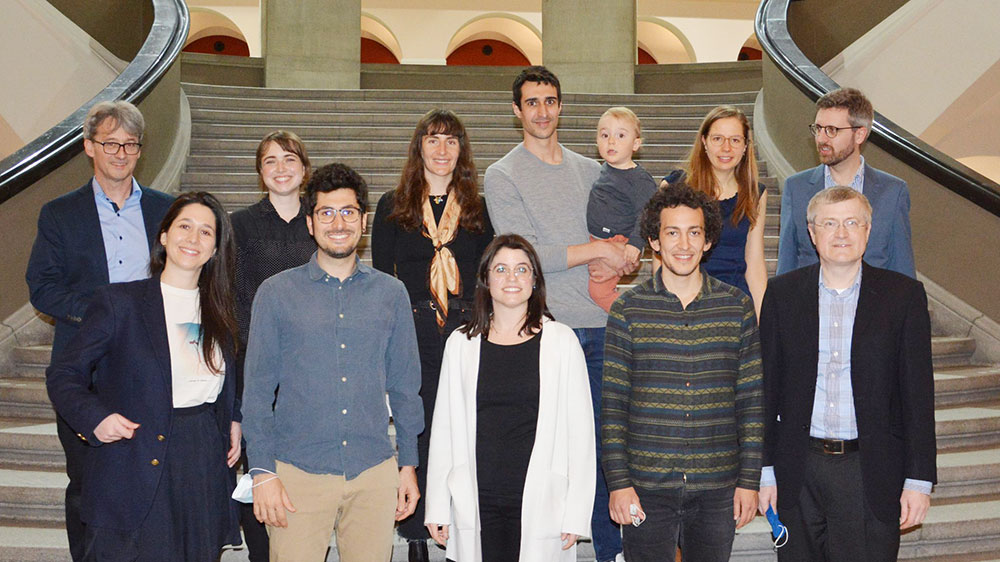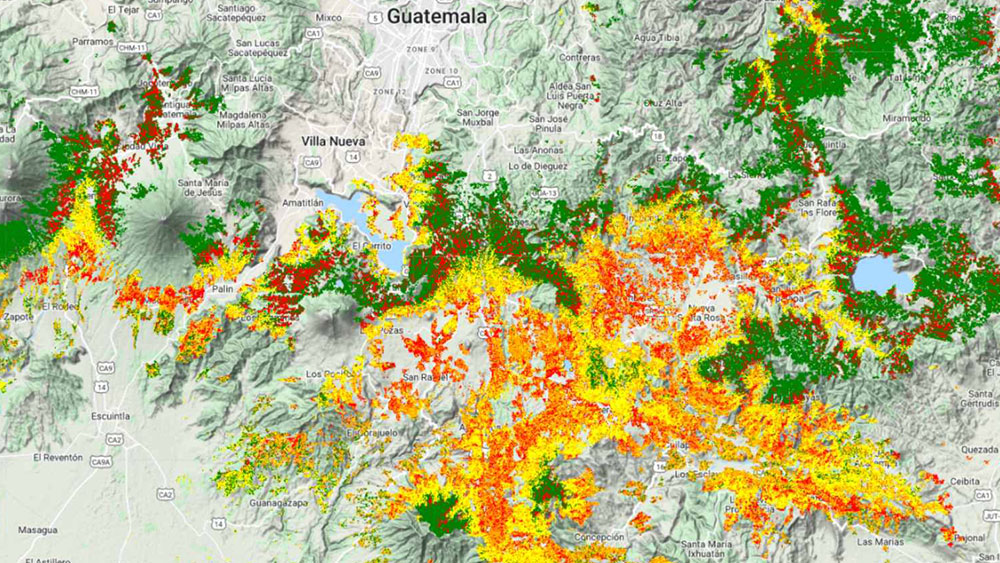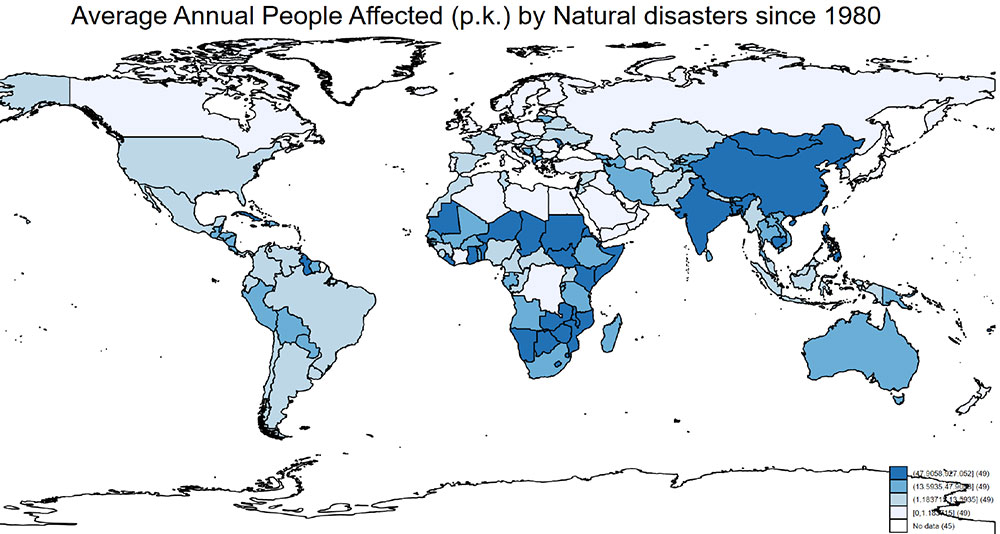Research Slam 2022
RESEARCH SLAM #3: Pioneering Environmental Economics
Surprising findings on environmental economic issues
Shaping a sustainable economy is one of the five global challenges that the researchers at the Department of Economics want to contribute to solving. The research projects presented at the Research Slam show that there are no simple answers to complex challenges. In order to define the most effective measures for shaping an ecologically and economically sustainable economy, a clean choice of methods and models is central. This is where thes young economists are making their contribution.
e field of economics is very able and willing to contribute to achieving a sustainable economy, as was demonstrated by the young researchers at the third Research Slam, organized by doctoral students from the Department of Economics. Under the title "Pioneering Environmental Economics", eight researchers presented surprising and thought-provoking results research findings to the audience of around 160 people.
We present four papers by young researcher of our department.
Unexpected emissions and (un)desired side effects
Dóra Simon, former PhD student of the department and now assistant professor at the University of Stavanger, started with a comprehensive analysis of CO2 emissions from our diet. The best ecological choice is not always obvious. Consistently avoiding cheese and beef, for example, leads to a lower carbon footprint than a purely vegan diet. It also shows that consistently buying locally can generate higher CO2 emissions overall. Why? "The data show that an average shopping basket filled with purely local products contains more meat than a shopping basket that also contains non-local products," she explains the counterintuitive finding.
The idea is compelling: consumers are willing to pay more for environmentally friendly i.e. pesticide free production. Certificates ensure compliance with the standards, and farming cooperatives are encouraged to switch to environmentally friendly methods through higher purchase prices. In the case of pesticide-free coffee farming, Emilio dal Re finds a significant undesirable side effect: The spread of coffee rust, a fungal disease that attacks coffee plants and causes widespread crop failure. His research found a direct link between the spread of certified acreage and the spread of the disease in Guatemala. The crop and revenue losses lead to large social costs. He states: "Certification is not the wrong way per se – my research points to one undesirable side effect that is causally linked to the increase in certified cultivation acreage and should be integrated into the overall benefit calculation".
Harald Mayr found desirable side effects in his project on reducing hot water consumption in private households. A sample of households was informed about their own hot water consumption, and ways to reduce it an was given a savings target of 5%. This intervention not only reduced hot water consumption but also showed effects in other areas: While cold water consumption in the kitchen sink remained unchanged, it decreased in the shower, dishwasher and toilet. On the other hand, cold water use in the bathroom sink increased. The most surprising side effect concerned the room temperature: the consumption of energy for heating decreased, although room temperature and heating were not part of the intervention. "Interventions with environmental targets can have important and reinforcing side effects", Harald Mayr summarizes, "we should investigate these effects further".
Pricing the costs of climate flight into the CO2 tax.
Climate change and related natural disasters will intensify in the coming decades. This will be accompanied by the displacement of many people from their homes. Maria Alsina-Pujols examines how the costs of this international migration can be priced into a CO2 tax. She integrates the impact of climate refugees into a climate-economic-growth model and describes the optimal CO2 emission taxes taking into account the economic and social costs of climate refugees. According to her calculations, developed countries, which are also often destination countries for migration, have an incentive to increase their CO2 emissions tax by up to 26% to reduce emissions. "Forced migration due to natural disasters further fuels CO2 emissions," explains Maria Alsina-Pujols, "as people tend to migrate to regions with higher CO2 emissions per capita."
Organizers and Presenters of the Research Slam


